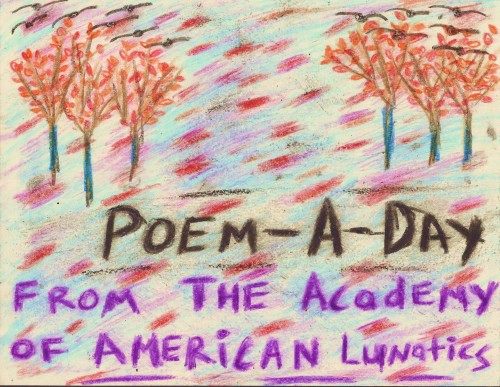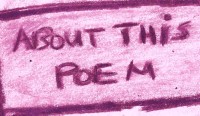 Imperial Nostalgias
Imperial Nostalgias
by Joshua Edwards
Ugly Duckling Presse, April 2013
96 pages / $15 Buy from UDP or SPD
Joshua Edwards begins Imperial Nostalgias with two short parables. One tells the story of a Traveler, another of an Outsider. The poems are immediately evocative and irresistible in the tradition of Italo Calvino and his Invisible Cities, or more recently Srikanth Reddy’s take on Dante. From there, Edwards wades into cinematic territory in a series of photos. These describe a journey through a “Valley of Unease.” We see ruins, a stray dog, and a bonfire at night.
The third section, a prose poem called “Departures,” is the strongest in the collection. The travelogue model works as a compelling framework to satirize and embrace American anxieties in “slightly foreign” lands. The poet approaches Imperial Nostalgias with clear eyes. In an interview earlier this year with the Studio One Reading Series he admitted, “Imperialism is in the cereal I eat and the culture I consume, and the ghost of Manifest Destiny looms large in the histories of the states I’ve spent most of my life in.” Like Ben Lerner’s terrific Leaving the Atocha Station, the work engages the aesthetics and the ambivalence of young Americans abroad.
Edwards works through anxieties, but he still perpetuates the myth that there is such a place as “abroad.” So while there is little talk of the cringey Tinker, Tailor, “These boys were born to empire,” type nostalgia in the collection, there is still a very clearly articulated imperialist nostalgia. This comes out in snatches,
In a building that will soon be destroyed,
I wake up and then drink tea, then relax
On my friends couch to watch Paris, Texas
For the first time. When someone goes silent,
Or when a siblings room is filled with sorrow,
The whole world resembles a motel room.
Edwards chooses a very particular aesthetic (He evokes French minimalists like Toussaint, art galleries, (Like Lerner, Imperial Nostalgias repeatedly returns to art museums as if too say this too is a high concept endeavor), washed out desert scenes, vague Orientalism, Paris, Texas, etc) that effectively conveys a certain moment in American (therefore world) history: 80’s independent film and Conceptual Art.
In the translation of this aesthetic, Edwards shows a drive towards the mysterious and apophatic. When Bell Hooks wrote about Imperialist Nostalgia, she focused on celebrities like Madonna, performing blackness. She employed the now well-worn “eating the Other” type analysis. But really, it’s important to remember there’s a lot of Other there (too much to eat), and in terms of nostalgia this comes out in the apophatic or the unknowable. For 80’s Conceptual Art or even Paris, Texas, the mystery deepens as it ages. And difficult to decipher social orders become conflated with truly the truly unknowable. The work of Cindy Sherman, or Vancouver School Photographers, lately much celebrated and mimicked, have taken on a sheen of romance. And this says something about conceptual photography in the 80’s and a whole lot more about the way we live now. It’s common for artists to romanticize and re-imagine the past, but this has everything to do the artist’s personal contemporary.
For artists of a certain generation Paris, Texas becomes a type of nostalgic touchstone; it represents not a time before there was American empire, but perhaps before the artist knew about American empire. The unknown swirling around Harry Dean Stanton would be a lot less unknown for an older generation of filmgoers that had seen him act in movies beginning in the 1950’s. In a recent HMTLGIANT post, Felix Bernstein imagines art “that may or may not know (symbolic order) networks exist.” Paris, Texas is a beautiful film, certainly nostalgic for great Cowboy and Noir films of an earlier era, but the complex social networks it explores (poverty in the panhandle, cold war malaise) might be different for an older artist living in Houston, for example. Recognizing the precarious position of a would be counter-cultural American artist abroad, Edwards compulsively recreates an aesthetic of the Imaginary or in-between, when the startling symbolic order networks do not exist for him, but not an aesthetic from when they did not exist. And by translating this aesthetic again and again, Edwards is free to play Cowboys and Indians.
***
Joseph Houlihan lives and works in Minneapolis, MN.

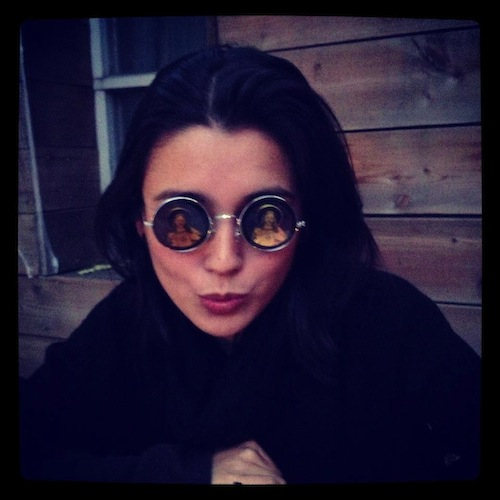
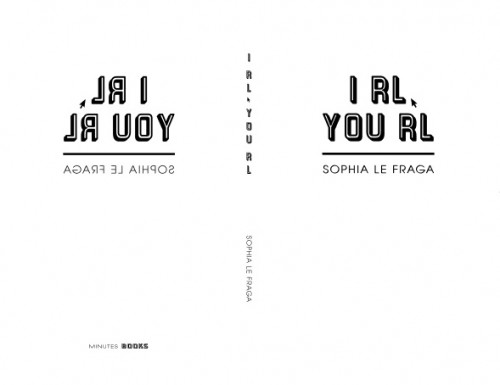



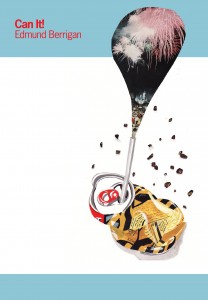 Can It!
Can It! Imperial Nostalgias
Imperial Nostalgias